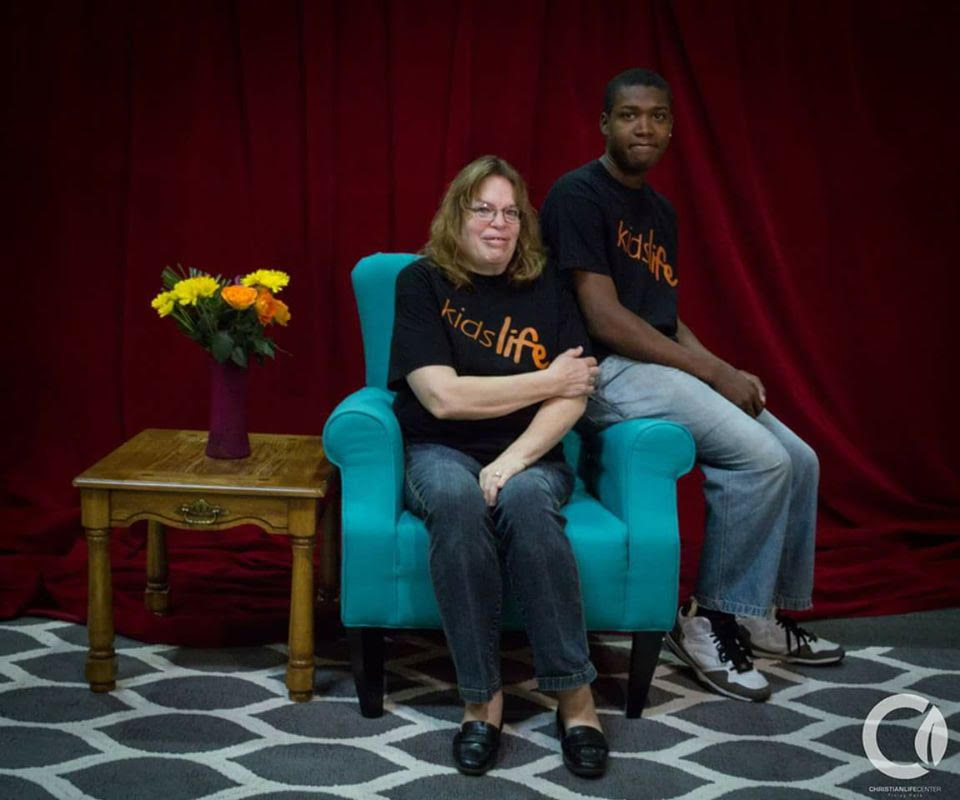
A Parent’s Heart for Communication
By: Peggy Burnap
Photo credit: Christian Life Center
I took for granted the gift of fluid communication or “sending, giving, or exchanging of information and ideas” prior to becoming a parent. I communicated with my loved ones, near and far through calls, emails, letters, and even poetry. Despite relative success, I was left pondering about how to communicate with my children with disabilities.
Individuals with disabilities may have different needs when it comes to communication. Some of our children are non-verbal, some have limited verbalization, and some may be able to communicate quite well. For non-verbal or partially verbal children, they may need special tools to help them communicate such as iPads, spelling boards/word boards, or sign language. Others have processing delays and need assistance understanding what is being said.
With all children, it is best to communicate concretely rather than abstractly, and this is especially true for children with autism. When I got into trouble, my parents would say “you are in hot water now.” Sometimes the things our parents said come flying out of our mouths. Once I used the same phrase with my children, they protested exclaiming that they were not in hot water at all. If I were unaware of the communication deficits inherent to their disability, I would think they were being rebellious. I learned that they were being literal – they were not in hot water; we were in the kitchen!
I have found that the more I use concrete or literal communication with my children, the better the communication is between us. Limiting conversation to simple phrases, in the beginning, can also help them to learn. Instead of saying “time to put our shoes on” we can just say “shoes” or “shoes on” as we are helping them. When they understand we can add words, “your shoes on” then “put your shoes on.”
A site that I found helpful is www.icommunicatetherapy.com; they have several resources listed. I received additional insights at iCan Dream Center to assist in the application of communication strategies. The center’s commitment to students and families is evident in their partnership with Lewis University to provide an onsite speech clinic. This community-based support for the development of functional communication skills for youth with disabilities will begin in Fall 2020.
